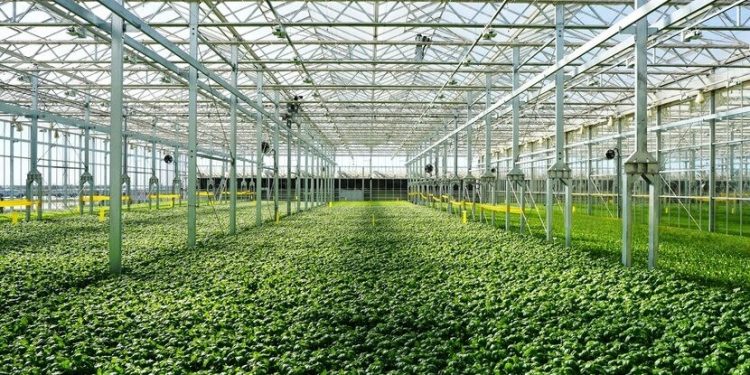Uzbekistan, a country grappling with the profound effects of climate change on its agricultural landscape, is stepping up its efforts to protect the future of its agriculture. With 3 million hectares of land degraded and 2 million hectares salinized, urgent action is needed. Experts warn of a looming 6 percent decline in water resources by 2030 due to climate change, posing a major threat to agricultural productivity.
In response, Uzbekistan developed a comprehensive national program, supported by significant grant funding exceeding US$294 million, to address these problems. The initiative aims to restore 1 million hectares of degraded land, primarily in the Aral Sea region, by creating shelterbelt forests and growing drought-tolerant crops such as licorice, rose hips and sesame.
To build resilience to climate change, the country is investing in advanced infrastructure, including the establishment of a climate analysis and forecasting center and the installation of agrometeorological stations in five regions. By collaborating with Italy, Uzbekistan intends to build a center for intensive seed cultivation and a farm dedicated to the cultivation of drought- and salt-resistant plants.
Recognizing the critical importance of water conservation, the program introduces subsidies for laser land leveling in water-stressed regions such as Karakalpakstan. By offsetting the cost of laser leveling fuel, the initiative aims to increase yields while reducing water consumption by an impressive 15 to 20 percent for grain and rice producers.
Moreover, Uzbekistan is redoubling its efforts in greenhouse farming, a sector that has seen significant growth in recent years. With a 2.6-fold increase in greenhouse infrastructure and a corresponding tripling of production volumes, greenhouses now play a key role in the country’s agricultural landscape. To further improve efficiency, the program offers incentives such as partial reimbursement of the cost of hiring foreign agronomists and subsidies for coal-fired heaters needed for greenhouse operations.
Uzbekistan’s proactive stance on climate-resilient agriculture is an example of a forward-thinking approach to addressing climate change challenges. By adopting innovative strategies, investing in infrastructure and promoting sustainable practices, Uzbekistan is charting a course towards a more sustainable and prosperous agricultural future.












